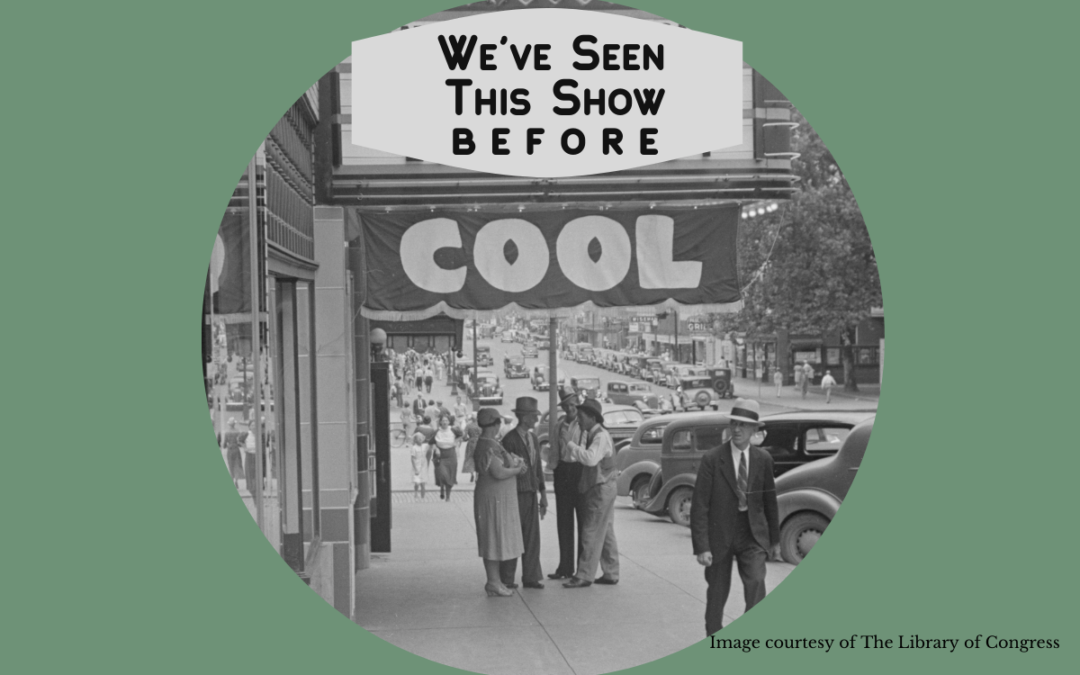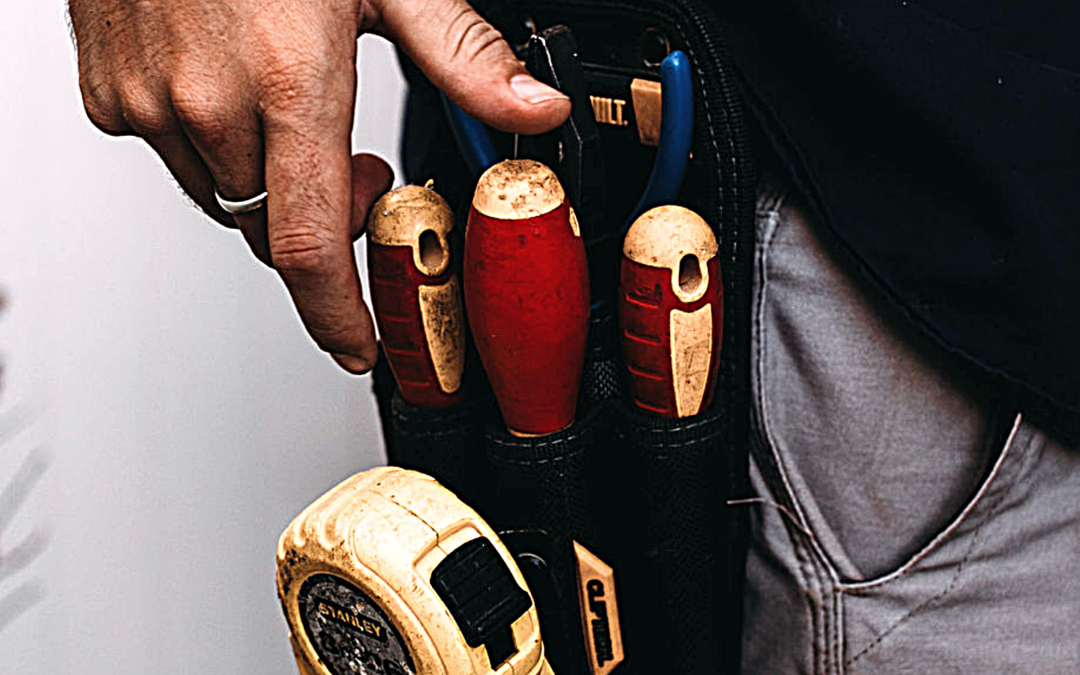![[Human] Capital Calibration](https://commonwealthhr.com/wp-content/uploads/2021/08/Website-Human-Capital-Calibration-1080x675.png)
[Human] Capital Calibration
Manufacturing equipment has come a long way since 1964. The environment in which you put your equipment? Back then, a somewhat level floor, a power supply, fans for HVAC, and what was a little grease on the floor? You turned it on, and assumed it would run. When you invest in a sophisticated machine today, you may build a special room, complete with its own HVAC and filtration. You wouldn’t dream of operating this equipment without the needed care and calibration. Your organization ensures that those responsible for the care and upkeep of this huge capital investment have the requisite technical expertise to protect your investment; you wouldn’t dream of leaving it to someone that didn’t know what they were doing. Yet why are we okay doing that to our largest investment: our employees.
The current conversation about “back to the office” seems a lot more like 1964, the year that Gary Becker published his first book on human capital. He rocked the world of economics and business with his work on the value of human capital –– people were one of your most valuable assets. It paid to further invest in them now that their life span was longer and technological advances made new skill acquisition imperative.
We sit here in 2021 as the seeming randomness of Covid deaths and quarantining has given Americans plenty of time to pause to reflect on the meaning of life. For many Americans, they are finally understanding their worth as a unique model of human capital. They’ve grown to understand the distinctive sets of skills that they have acquired, honed, and refined over the years AND the optimum conditions under which they perform. When an employer doesn’t understand that, enter…
The Great Resignation
One of my favorite Total Rewards thought leaders, John Bremen, has written a great article, advising how organizations can turn The Great Resignation into the Great Hire. He very rightly points out that more people have been hired in 2021 than have quit – which side of the equation is your organization on?
Solution? It’s not about going back to “the way we always did things.” It IS about recognizing the conditions under which employees can turn in peak performance and earn their organizations more gold.




